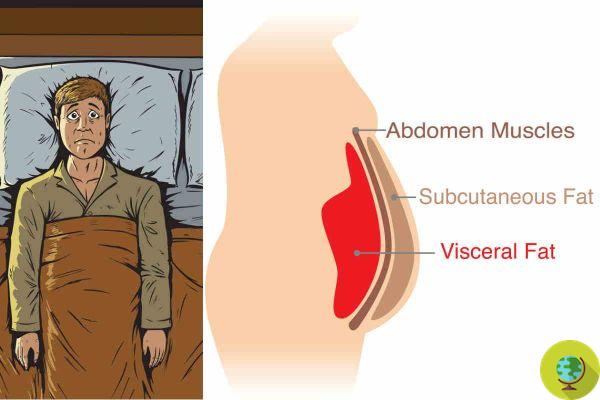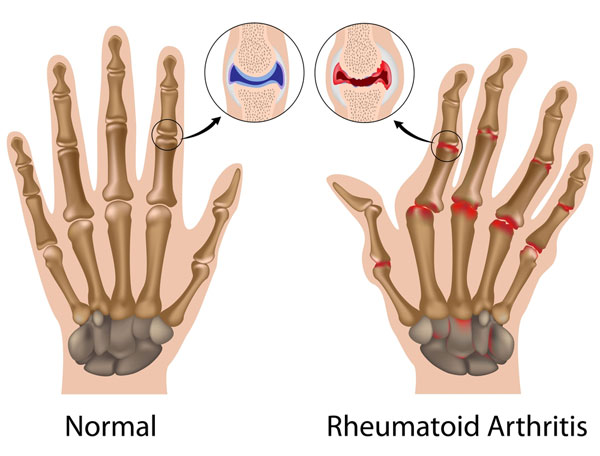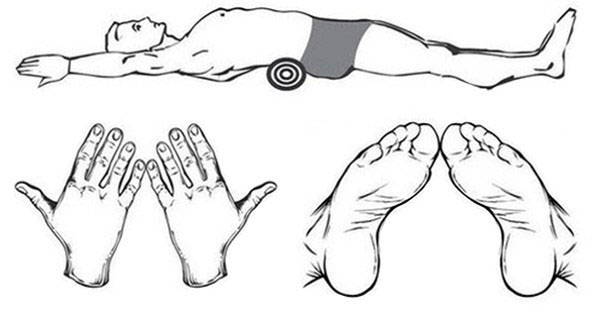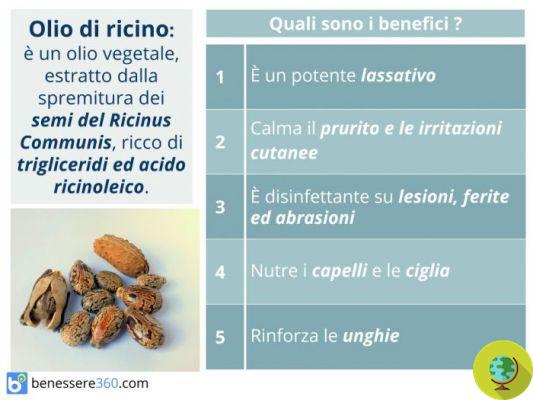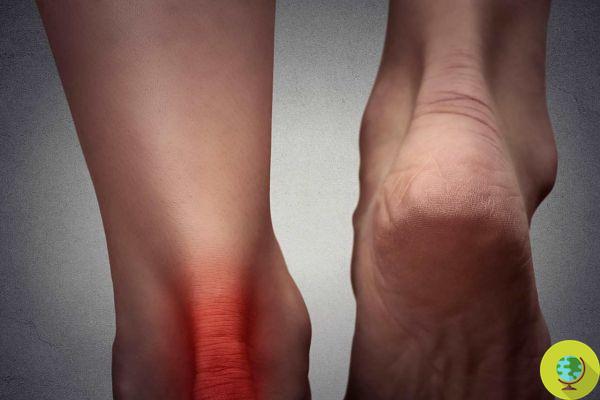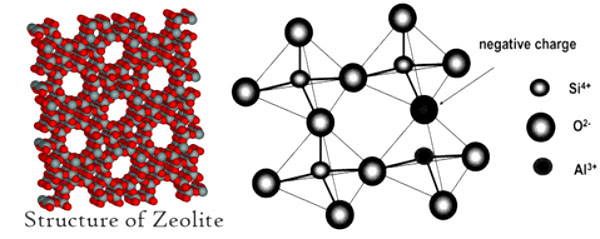
A new study from the University of California San Francisco reveals that there is no link between coffee consumption and arrhythmia
Don't store avocado like this: it's dangerousCoffee does not increase the risk of heart rhythm problems. This is revealed by a new study conducted by cardiology researchers at the University of California San Francisco, according to which there is no link between coffee consumption and arrhythmia
In the largest study of its kind ever conducted, scientists concluded that moderate coffee consumption cannot cause cardiac arrhythmia. Their analysis found that every additional daily cup of coffee consumed by several hundred thousand people was associated with a 3% lower risk of arrhythmia, including atrial fibrillation, premature ventricular contractions, or other common heart conditions. The study included a four-year follow-up.
Coffee is the main source of caffeine for most people and has a reputation for causing or exacerbating arrhythmias but we have found no evidence that consuming caffeine leads to an increased risk of arrhythmias. Our population study provides reassurance that common bans against caffeine to reduce the risk of arrhythmia are probably unwarranted.
said senior author Gregory Marcus, a professor of medicine in UCSF's Division of Cardiology. The document is published on July 19, 2021 in JAMA Internal Medicine. Additionally, coffee consumption may have anti-inflammatory benefits and is associated with reduced risks for certain diseases including cancer, diabetes and Parkinson's disease.
In the new study, UCSF scientists examined whether habitual coffee intake was associated with a risk of arrhythmia and whether genetic variants affecting caffeine metabolism could alter that association. They considered a large sample of 386.258 coffee drinkers with an average age of 56. An unprecedented sample size for this type of survey.
In addition to a conventional analysis examining self-reported coffee consumption as a predictor of future arrhythmias, the investigators used a technique called "Mendelian randomization," exploiting genetic data to infer causal relationships. Because those with the genetic variants associated with the faster metabolism of caffeine drank more coffee, the analysis provided a method to test the caffeine-arrhythmia relationship in a way that did not rely on participants' self-report. With an average follow-up of four years, the data were adapted to demographic characteristics, health and lifestyle habits.
Eventually, about 4% of the sample developed arrhythmia, and no evidence of an increased risk of arrhythmias was seen among those who are genetically predisposed to metabolize caffeine differently. In contrast, the researchers found that higher amounts of coffee were actually associated with a 3% reduced risk of developing an arrhythmia.
This is not an invitation to abuse it but it shows how unfounded the alleged correlation with such heart problems is.
Sources of reference: UC San Francisco, JAMA Internal Medicine
- READ also:
- Coffee: British scientists discover unexpected benefits for the liver if you drink at least 4 cups a day
- Caffeine protects our skin from melanoma. The ISS study





